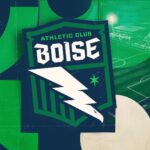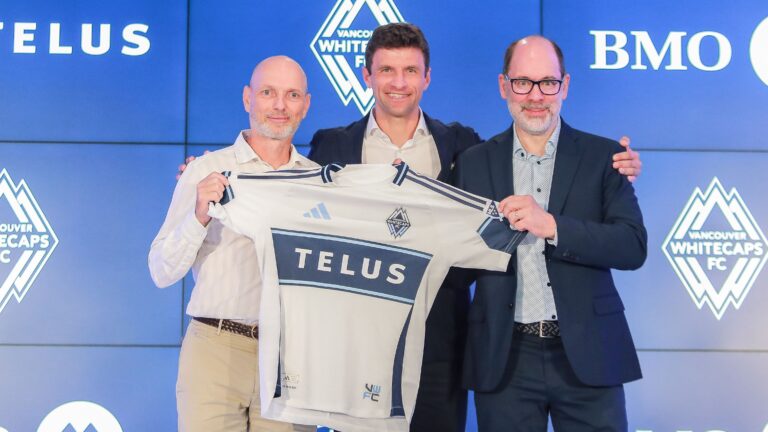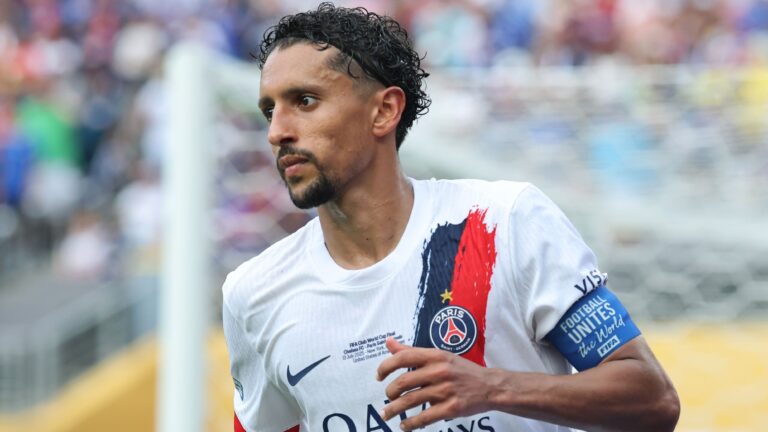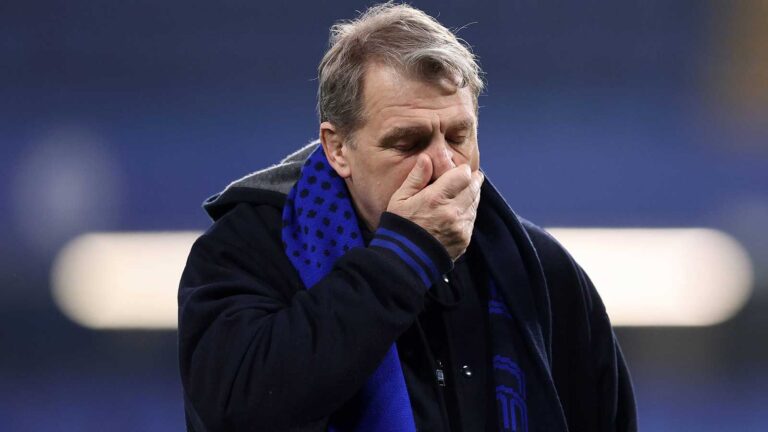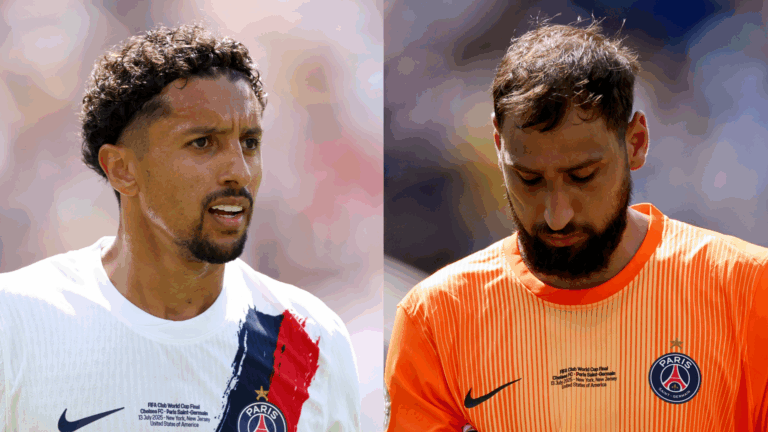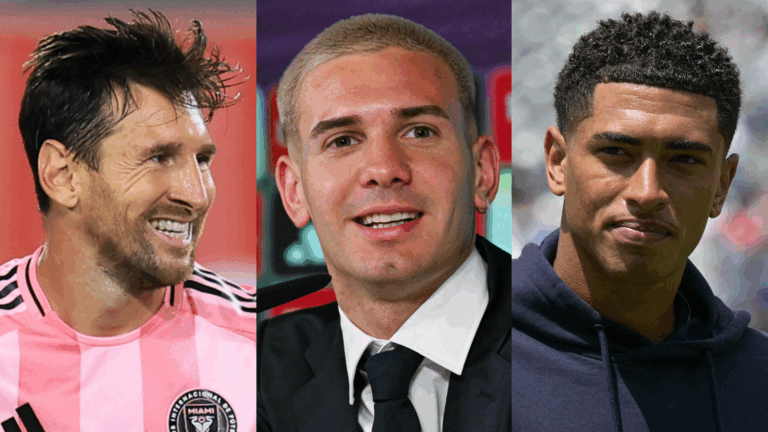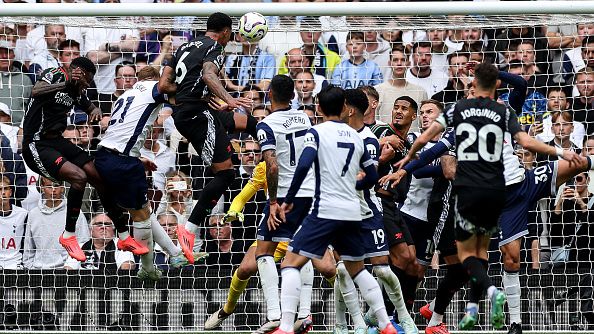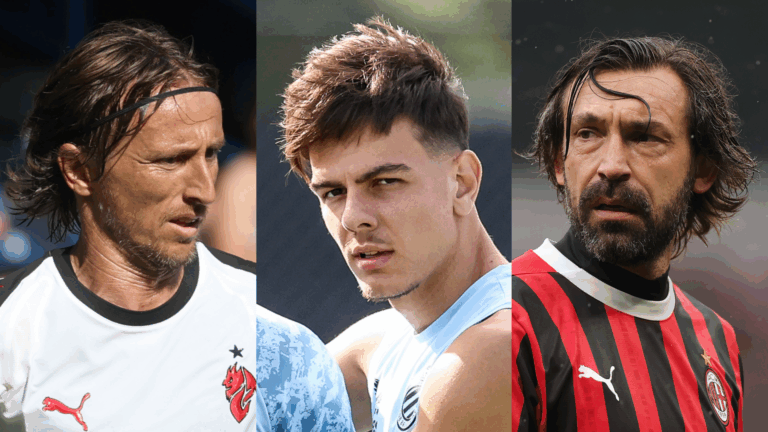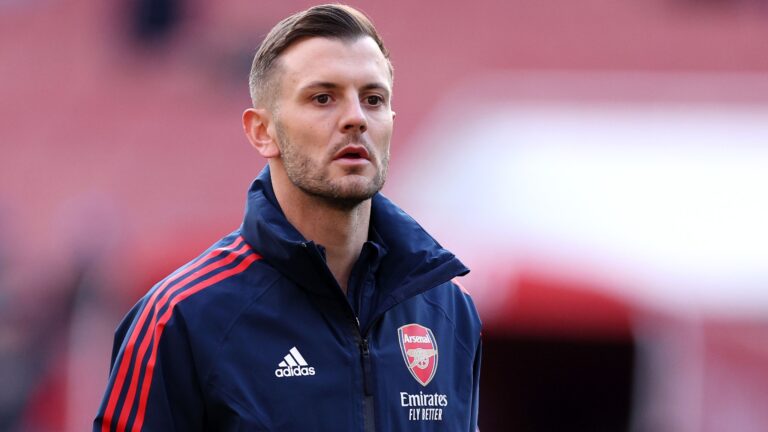The school in Boise, Idaho was filled with red and white. Kids of all ages milled around, going about their day to day: classes, playground, picked up and dropped off by parents, many of them wearing the colors of Athletic Club Bilbao. These things aren’t supposed to happen in America, let alone in a sparsely populated state with little apparent soccer history.
But that day, in August 2015, underscored that this city of just under a million people could someday be a hotbed of the sport. In fact, AC Boise board member Argia Beristain knew then, that her USL club – one that didn’t even exist yet – could be a success. Indeed, that morning, the day after a friendly between La Liga giants AC Bilbao and الدوري المكسيكي الممتاز stalwarts Club تيخوانا, was perfect proof of concept: soccer could thrive in Boise.
A decade later, and those sparse images have blossomed into something real. Boise has announced a USL club. They will play in USL League One. They have a badge, a stadium, and an identity. But, more broadly, they have been molded, shaped and actualized by a strong Basque community that has turned the red and white of playgrounds into fleshed-out professional soccer.
“There are more Basque people that live outside of the Basque Country than they do in it,” Beristain told BALLGM. “And so how do you keep this minority culture alive and relevant? Well, you bring in modern sport and you do different things.”
Every town in every state seems to want a USL club. It makes sense. Lower league soccer in America is both relatively inexpensive, yet still legitimate. There are no $500 million expansion fees here, and rarely are there pre-exisiting professional franchises to compete with. Instead, USL tends to exist on the micro-level – with the aim of making it big.
But there is a clash there. Smaller communities demand authenticity. They want something to relate to, a product on and off the pitch that represents them. For Boise, that can mean a number of touchpoints, including the Basques – an indigenous people primarily from the Basque Country, a region straddling the border of southwestern فرنسا and northeastern إسبانيا. And, it turns out, the capital city of Idaho has a soccer-crazy Basque contingent.






The school in Boise, Idaho was filled with red and white. Kids of all ages milled around, going about their day to day: classes, playground, picked up and dropped off by parents, many of them wearing the colors of Athletic Club Bilbao. These things aren’t supposed to happen in America, let alone in a sparsely populated state with little apparent soccer history.
But that day, in August 2015, underscored that this city of just under a million people could someday be a hotbed of the sport. In fact, AC Boise board member Argia Beristain knew then, that her USL club – one that didn’t even exist yet – could be a success. Indeed, that morning, the day after a friendly between La Liga giants AC Bilbao and Liga MX stalwarts Club Tijuana, was perfect proof of concept: soccer could thrive in Boise.
A decade later, and those sparse images have blossomed into something real. Boise has announced a USL club. They will play in USL الدوري الأول. They have a badge, a stadium, and an identity. But, more broadly, they have been molded, shaped and actualized by a strong Basque community that has turned the red and white of playgrounds into fleshed-out professional soccer.
“There are more Basque people that live outside of the Basque Country than they do in it,” Beristain told بالجم. “And so how do you keep this minority culture alive and relevant? Well, you bring in modern sport and you do different things.”
Every town in every state seems to want a USL club. It makes sense. Lower league soccer in America is both relatively inexpensive, yet still legitimate. There are no $500 million expansion fees here, and rarely are there pre-exisiting professional franchises to compete with. Instead, USL tends to exist on the micro-level – with the aim of making it big.
But there is a clash there. Smaller communities demand authenticity. They want something to relate to, a product on and off the pitch that represents them. For Boise, that can mean a number of touchpoints, including the Basques – an indigenous people primarily from the Basque Country, a region straddling the border of southwestern France and northeastern Spain. And, it turns out, the capital city of Idaho has a soccer-crazy Basque contingent.
You could be given a hundred guesses and probably still fail to identify the city with the largest concentration of Basque people outside of the Pyrenees mountains in Northwestern Spain. You’d figure South America would be a good guess. Perhaps somewhere else in Europe. Wrong. The city with the largest concentration of those with Basque heritage is Boise, with nearly 16,000 people of Basque descentwithin city limits.
It started in the late 1800s, sheep herders burying into the North American continent and finding work in Ketchum, about 150 miles east of Boise. But over time, they moved further and further west. Now, there remains a large and proud contingent of Basques in Boise. They hold festivals every year. They drink, dine and shop in a well-attended “Basque block” in the middle of the city.
And most of them are soccer mad.
The community has been trying to bring soccer to Idaho for some time. Beristain first conceived the idea of a Basque team playing in Idaho in 2013. It only made sense that they would try to get Athletic Bilbao – the most successful side from the Basque Country – to come. It seemed a crazy suggestion – even if the community surrounding the club was strong.
“The people in Idaho didn’t even know what professional soccer was,” Beristain said. “At that time, the only way you could even watch La Liga games was on Bein Sports or through FUBO. I was having to go around this town to explain the magnitude of this club.”
Yet, it worked. They covered the blue turf at Boise State’s Albertsons Stadium, and raised $1 million in sponsorships. The game had to be moved due to Athletic Bilbao’s الدوري الأوروبي qualification efforts back home. Yet 26,000 still showed up.
That was all the proof they needed.
“We hadn’t even taken the green grass off the blue turf in the Albertsons Stadium, and we were already getting calls from the USL and from other leagues, of people wanting to bring other pro soccer to town,” Beristain added.
Brad Stith has traveled all over America to work in sports. He worked for the Detroit Pistons and Portland Trail Blazers. He has helped multiple USL expansion teams launch. And when it came time to found his own franchise, he had plenty of options. Soccer wasn’t the only thing he and his business partners considered.
“We were looking at every team, not just soccer. So it’s like, are we buying G League teams? Does hockey make sense? Does baseball?” he said.
Eventually, he decided to go home. Stith is a Boise native. He went to college at the University of Idaho, and didn’t travel too far – heading to the University of Oregon – for his master’s degree.
And it all added up. Boise has a large population, but is relatively isolated when it comes to professional sports. Portland is seven hours away. Salt Lake City is five. There are people in Boise who like soccer. But there was never an opportunity to see something local. Stith, a shrewd businessman, and as early as 2013, he started thinking about a soccer team at home.
He knew the community, and had seen the success of the Basque friendly. It helped, too, that he had briefly lived in San Sebastian. Conversations opened with the USL. There was one problem: he didn’t have a home stadium.
Beristain was terrified before the auction for land for a potential venue began. She and Stith had worked together closely in shaping the concept around the team. And although Stith had the money, Beristain was worried that her passion project might not come to fruition.
All of the evidence suggested that her ownership group would secure a 30-year lease on the area – sufficient enough to build a stadium. They were restricted by local statute that required a public auction to be held to determine who could secure the three-decade ownership of the property.
Stith and his investors were the only ones to go through the official process. But there was still a chance someone else could stake a claim.
“You don’t know who’s going to show up,” Stith said.
“I was not sleeping those days,” Beristain added.
Eventually, things were secured relatively easily. There were no last-minute entries or surprise faces. The county moved their bid along swiftly. Property secured, stadium en route.
It was February 2025 when Jennie Myers first got the call. She worked for a Boise boutique consulting firm, Against, and was charged by Stith and his group to name, brand and roll out the strategy for a new soccer team. They started to work before they officially signed the contract.
“We were so excited, and already started putting time towards it,” Myers said.
Developing a sports franchise from scratch isn’t easy. This is startup soccer, where owners, designers and management are constantly walking a fine line between appeal and authenticity. There is so much that can go wrong. Some clubs have taken the less creative path, simply slapping “FC” or “SC” on the city name to brand the team. Myers was determined not to go down that route.
For Myers, it began with colors.
First, she had to rule out hundreds of schemes. Her team conducted an extensive audit of high school, college, USL بطولة, USL League One and الدوري الوطني لكرة القدم للسيدات palettes. There couldn’t be an overlap. That eliminated hundreds of options. Eventually, after ideating on their end, they came up with just eight combinations.
A green-black-white combo won out. Each hue had its own meaning, but the green, in particular, paid homage to the Basque flag.
“We had a lot of input from people in the Basque community, and it would have been a huge miss if it had been absent,” Myers said.
There was no way that they could name the club AC Boise, Berstain thought. Sure, the Basque population would get the reference, but the rest wouldn’t. Besides, it was too on the nose, perhaps even appropriation. AC Bilbao are community owned, fiercely protective of their brand and their name. Trying to use it in any way seemed a bit much.
But as Myers and her team tinkered with naming combinations – AC Boise bubbled up as the top option. The Basque community in Boise loved it. But perhaps more importantly, the Basque community in the Basque Country did too.
“The nod to the Basque communities, and their presence here in Boise was valued higher than ripping off or taking anything from Athletic Bilbao,” Beristain said.
And then came the painstaking question of the badge. How can you encapsulate an entire city, a complete community, in one image? There was no one singular answer, mostly because there is no one singular image – especially not in Stith’s eyes.
“You’re building a club, both men and women, that you know, they’re all wearing that crest above their heart, and so are we,” he said. “And so to be in Idaho, and to be from the Treasure Valley, to be from Boise, like, that means something. And it’s way deeper than anybody from the outside is going to understand that.”
The solution was to meticulously piece together a bit of everything. There are green vertical lines to acknowledge the farming culture. There is a bird cutting through the crest to symbolize the peregrine falcon – an animal special to the Idaho community. The points at the top and bottom represent the peaks and valleys of a mountainous area. The star emblem on the bottom right harkens back to a rare gemstone found only in the region.
And finally, there was the name, “AC Boise”, stylized to look like Basque typeface. Stith was sold.
Thousands showed up for the brand and badge reveal. It was held at Expo Idaho, and accompanied with all of the trimmings: food, beer, scarves, a first merch drop. News soon followed that former USMNT goalie and part-time Idaho resident Kasey Keller had purchased a stake in the team.
“I’ve had a vacation home in Idaho for 20 years. And, I said ‘If there’s something happening in Idaho that makes sense, then that would be the one that would be the most relevant for me,’” Keller told BALLGM.
Since then, things have only taken off. AC Boise are on pace to break the record for season ticket deposits, and are less than 500 away from the mark of 6,200 set by Cincinnati almost a decade ago.
Their men’s team will kick off in 2026, with a women’s side to follow the year after. Their stadium will have a capacity of 7,050, but there is scope for expansion should the club opt to look into moving up a division – or even get involved in the USL promotion-relegation system set to arrive in 2028.
And the Basque connection doesn’t end here. Beristain speculated that there might be future collaborations with Athletic Bilbao.
“Who knows? Athletic Bilbao might send some of their former players to help with our academy and to do things. The possibilities are endless,” Beristain said.
More broadly, Beristain hopes the brand, name, and badge will keep the identity in Boise strong for the long run.
“One of my motivations to do it was so that my own children would care about being Basque in the future,” Beristain said.
Ironically, reaction to the badge and name on social media was mixed. Most loved it, but there were a few negative comments. Some people thought it was a little busy. Others simply didn’t get the local references.
Myers was prepared for whatever was to come – good, bad, confused. That’s what happens whenever you launch something new, she said.
But most encouraging were those who came to her defense in social media comments, explaining the cultures, the font, the name.
They were typing in Basque.

